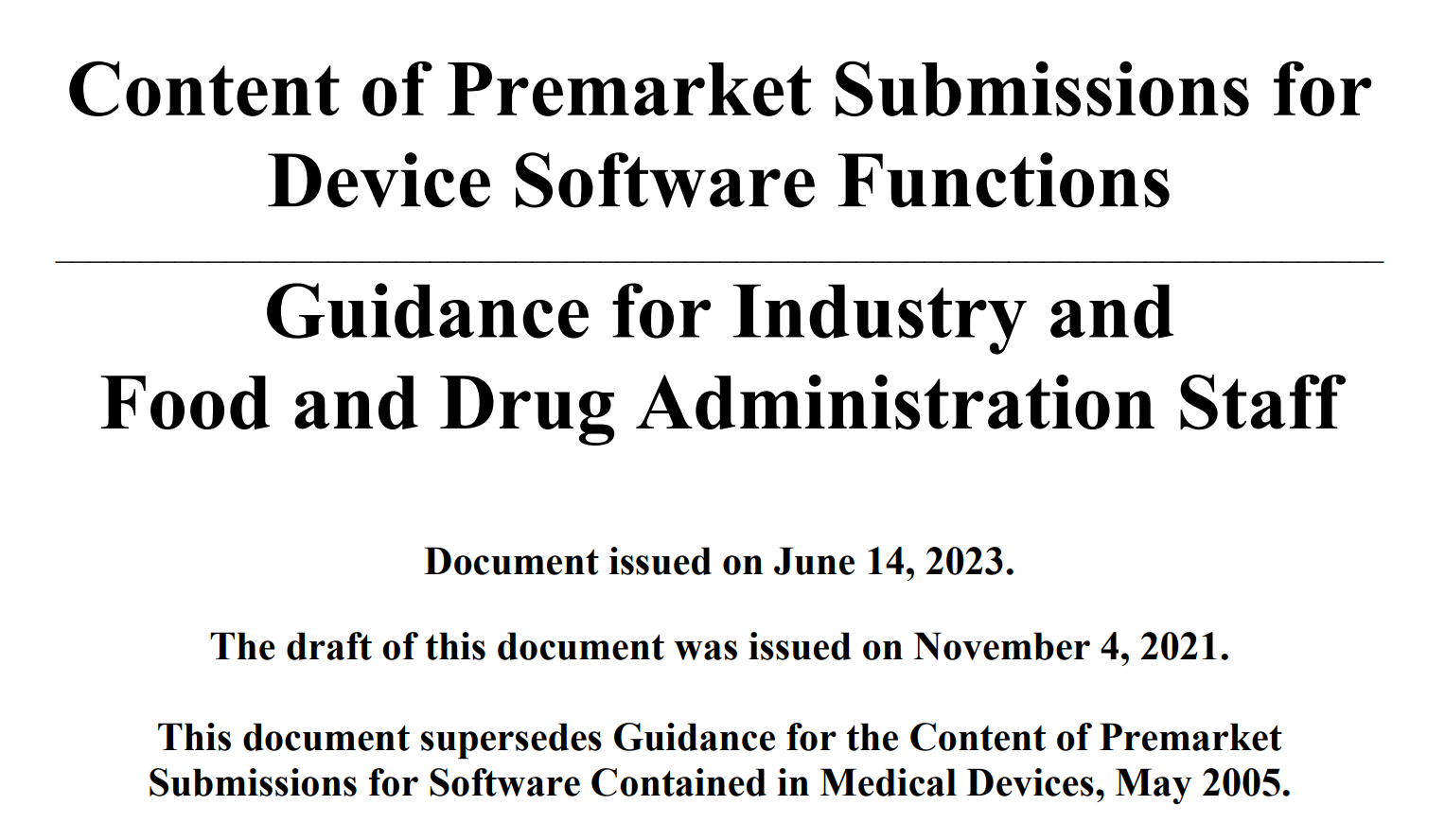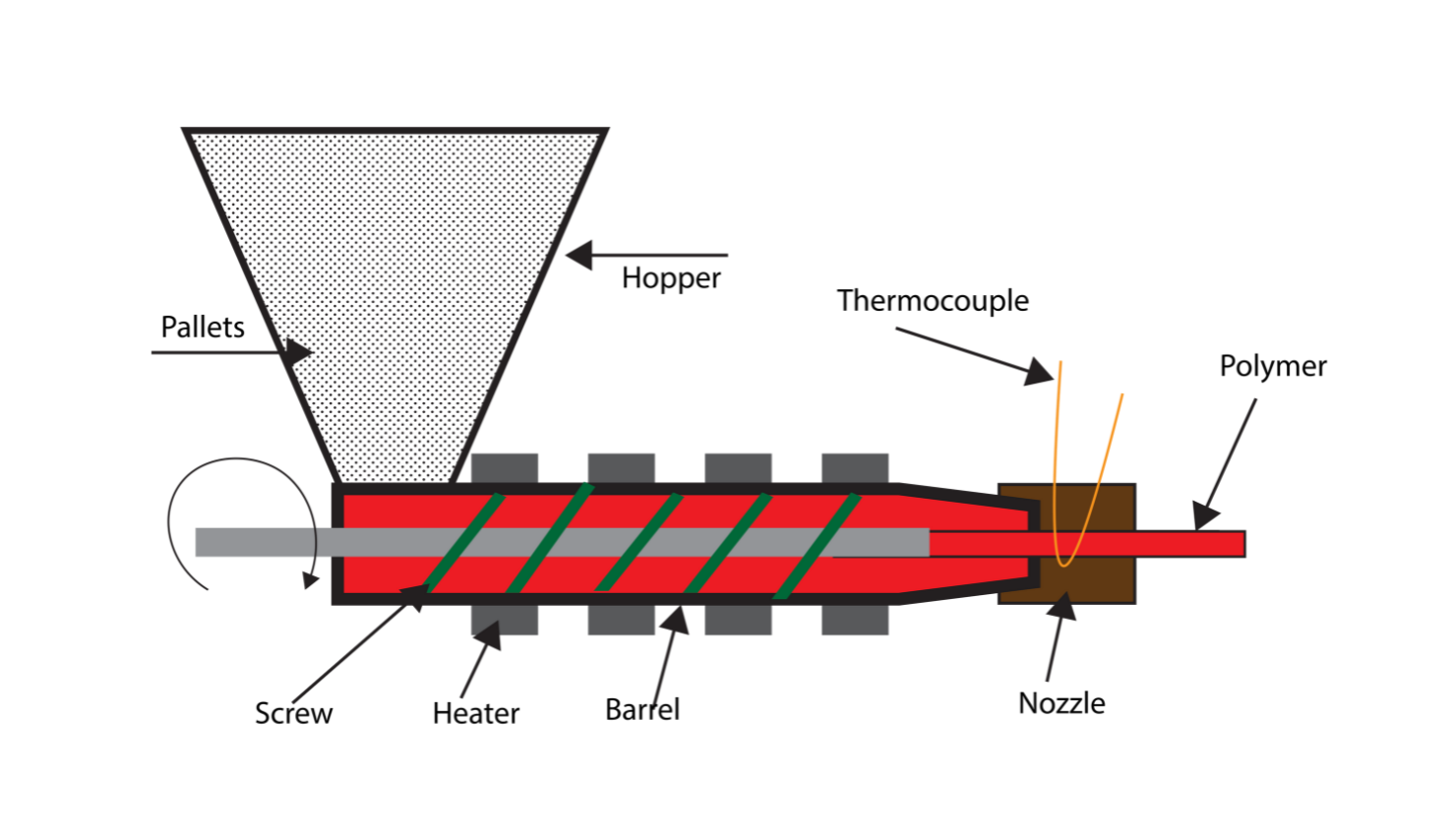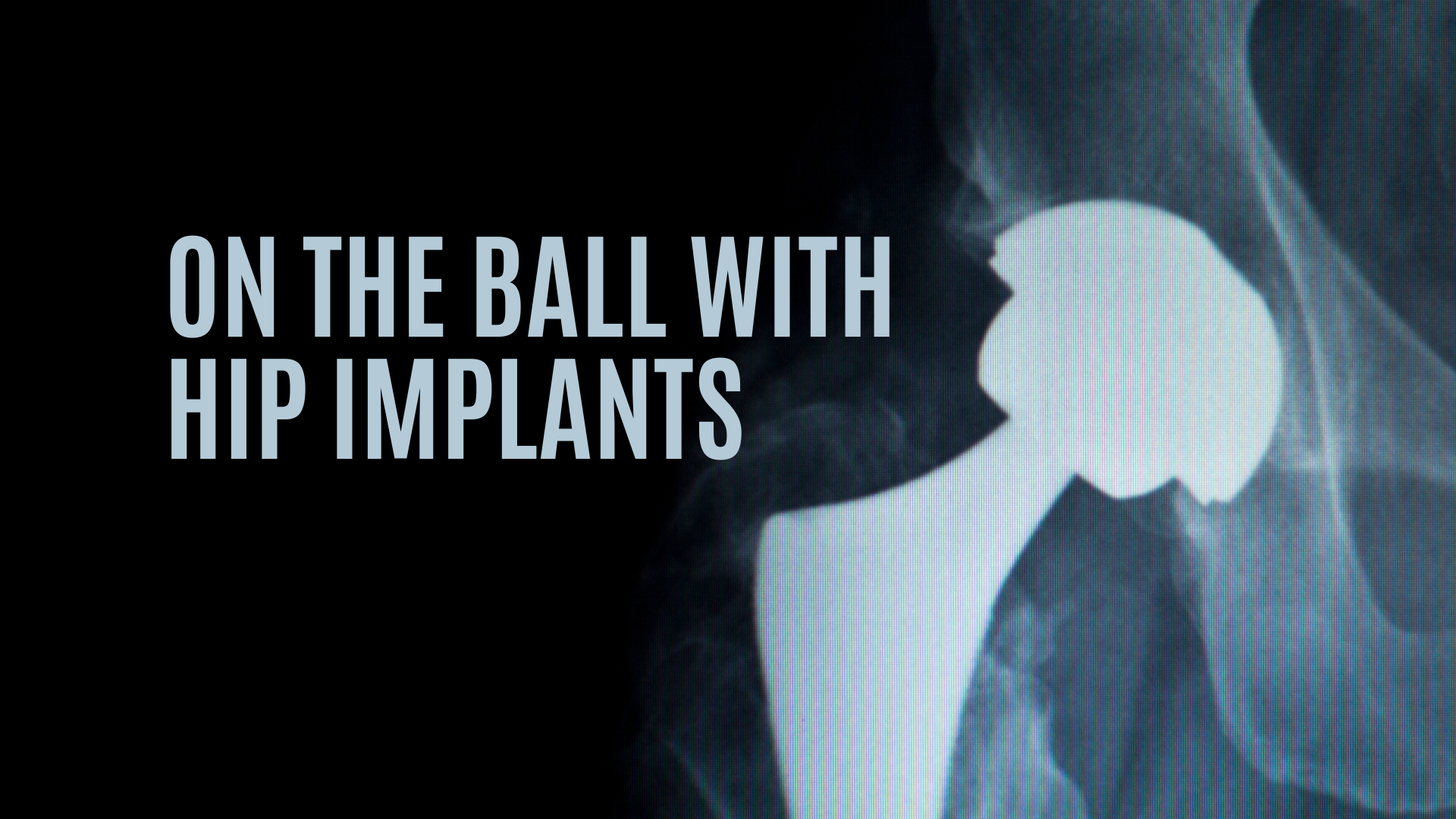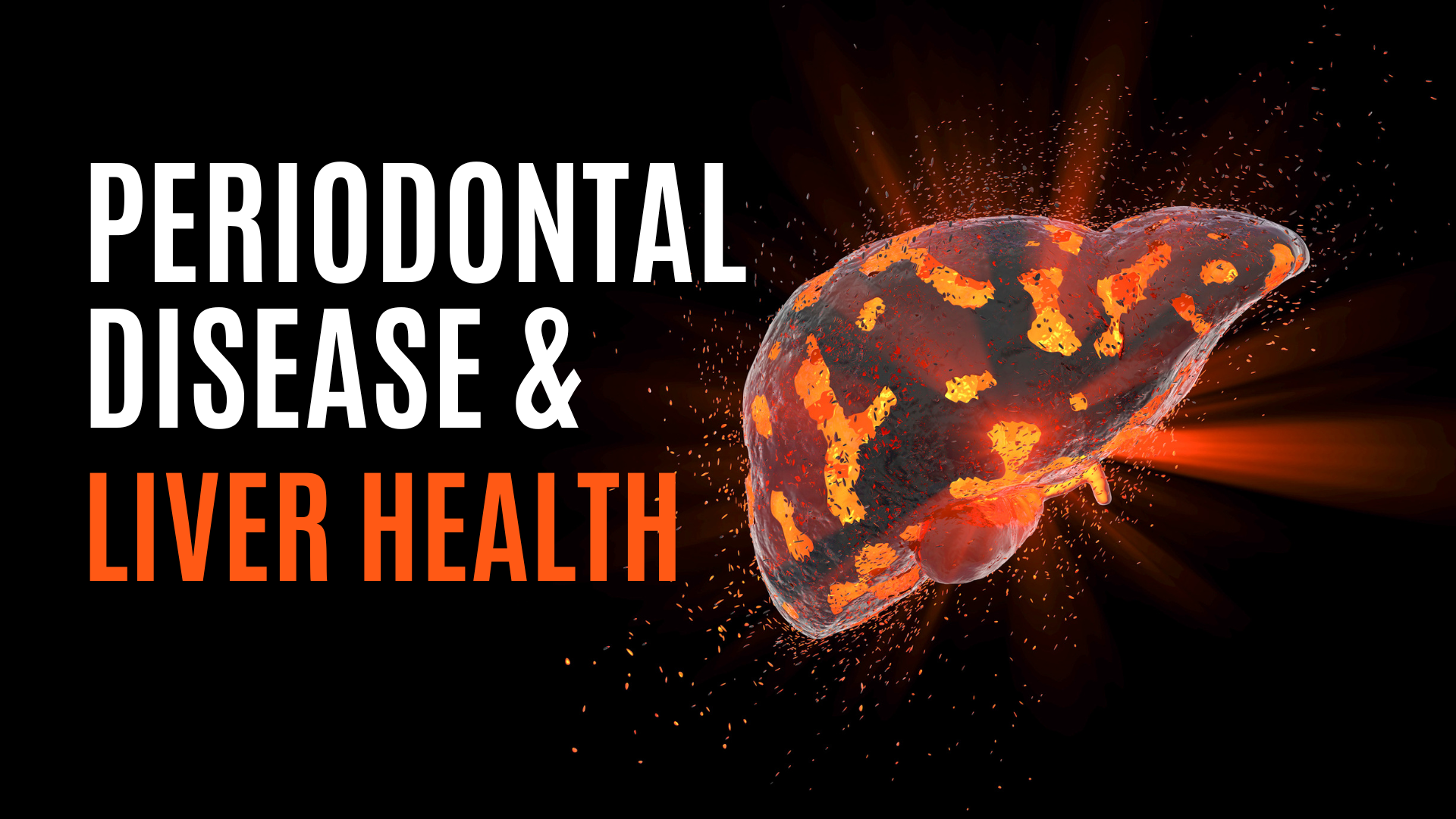Artificial intelligence (AI) could be a powerful and ever-emerging technology that has the potential to enhance capabilities across a mess of industries. Medical devices with computing promise to revolutionize the health care industry, serving medical professionals additional accurately and effectively diagnose and treat their patients and improve their overall care. On the side of its benefits, medical device artificial intelligence additionally faces challenges, together with the requirement for regulation to stay up with the pace of technological advancement.
What is Artificial Intelligence?
Artificial intelligence is a technology that mimics human activity, decision-making, and learning. In the health care industry, AI-based medical devices could:
- Automate tasks, synthesize data from multiple sources, and pinpoint trends
- Process and analyze information from wearable sensors and identify disease or the onset of medical conditions
- Predict which patients are at an increased risk for disease, complications, or negative outcomes based on their medical records
- Support research by evaluating large amounts of data and monitoring treatment efficacy
Trends in Medical Devices with Artificial Intelligence
As technology advances, medical device companies are developing AI medical devices that serve three main functions:
- Chronic disease management Medical devices with artificial intelligence could monitor patients and deliver treatment or medication as needed. For example, diabetes patients could wear sensors to monitor their blood sugar levels and administer insulin to regulate them.
- Medical imaging Companies are developing medical devices with artificial intelligence to conduct medical imaging with better image quality and clarity. These devices would also reduce a patient’s exposure to radiation.
- Internet of Things (IoT) Internet of things for medical devices is a system of wireless, interrelated, and connected digital devices used by medical professionals to manage data, keep patients informed, reduce costs, monitor patients, and work more effectively and efficiently. Companies are using IoT in collaboration with medical devices with artificial intelligence to improve patient outcomes.
FDA AI Guidance
As with any technology, AI can be flawed, creating a greater danger that medical devices with artificial intelligence could misdiagnose a patient or administer incorrect treatment. And because medical devices involve risk to a person’s health and life, they are highly regulated. Creating regulations and approval processes takes time, and the U.S. Food and Drug Administration (FDA), the governing body for medical device approval, has been unable to match the pace of technology advancement.
The current governing system is not fully equipped for FDA regulation of artificial intelligence or machine learning, which is an AI technique used to design and train software to learn from and act on data. The FDA currently approves medical devices based on their risks through one of three processes – the de-novo premarket review for low and moderate risk devices, the 510(k) process for a new device improving on an existing device or process, or the premarket approval pathway that provides the most stringent review for high-risk devices and/or brand-new technology that has never been done before. This leaves no current, specific path to approval by the FDA for artificial intelligence and machine learning in software as part of a medical device.
Earlier this year, the FDA released an action plan drafted based on stakeholder feedback gathered in April of 2019 that outlines the five actions the government entity intends to take relating to artificial intelligence at the FDA. According to the report, these five steps include:
- Further developing the proposed regulatory framework, including through issuance of draft guidance on a predetermined change control plan (for software’s learning over time);
- Supporting the development of good machine learning practices to evaluate and improve machine learning algorithms;
- Fostering a patient-centered approach, including device transparency to users;
- Developing methods to evaluate and improve machine learning algorithms; and
- Advancing real-world performance monitoring pilots.
Given that a regulation pathway is still in its early stages, having a complete picture of what an FDA approved AI medical device looks like may still be some time away.
At Sterling Medical Devices, we will continue to monitor the landscape of medical devices with artificial intelligence and impending FDA regulations. We are experts at navigating the FDA approval process for medical devices and have hundreds of success stories working with our clients. If we can provide you with superior design, development, or medical device testing services, please contact us today.









